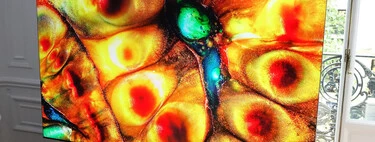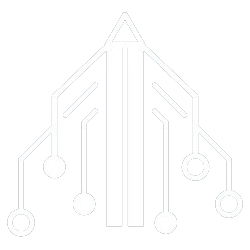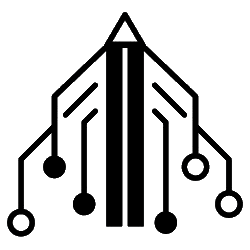Although there is still a long way to go before DTT is left with only the channels that broadcast in HD quality, the chains usually resort to broadcast tests to study the behavior of the systems when retransmitting content at higher resolution. The last one was also made by RTVE, who during the World Cup in Qatar enabled a 4K channel to watch the games. Now from Radio Televisión Española, in collaboration with the Polytechnic University of Madrid and Cisco, they have gone a step further: to be the first in the world to broadcast live in 8K via DTT.
It is not the first time that RTVE has carried out technical tests in 8K. In 2020, the UPM RTVE Chair team temporarily issued this resolution. However, what is intended to be achieved this time is capture, compress and distribute 8K content through the DVB-T2 standard and live.
A pioneering project on a global scale
Testing will include content broadcasts in HDR, Extended Color Gamut (WCG), High Image Refresh Rate (HFR) and Next Generation Audio (NGA). All this set of technologies belong to the UHD-2 – 8K Phase 2 complete signal content.
The contents will have been previously recorded and produced by means of 8K resolution camcorders to later broadcast them through the DVB-T2 DVB-T2 standard. The live signal and coding will be carried out through Cisco servers, a firm that is collaborating in this new project.
Image: RTVE.es
This project, a pioneer on a global scale, aims to offer more information about this technological challenge, thus issuing in 8K in a UHF multiplex with 8 MHz bandwidth. Adolfo Muñoz, director of the Emissions Area of the RTVE Chair at the UPM affirms the following:
“The importance of this pilot that demonstrates not only the possibility of carrying out this broadcast via DVB-T2 today, but also the future evolution of signal transport using 5G networks, which we are already working on at the Chair together with our partners”.

Along with these statements, José Manuel Menéndez, professor at the Higher Technical School of Telecommunications Engineers and director of the RTVE Chair at the UPM highlights “the relevance of these experiences both from the teaching and research point of view, due to their aspect innovative and formative for teachers, researchers and students and informative for the entire audiovisual sector”.
As we have mentioned, the Cisco company offers its technology for this project. That is why they have also underlined their ability to promote digital transformation and commitment to training in digital skills. This is what Antonio Conde, Director of Innovation and Digitization at Cisco Spain, commented.
“Cisco’s participation is articulated around the Digitaliza investment program, present in Spain since 2018 to promote the digital transformation of critical infrastructures, public services and the national business ecosystem. The collaboration is also aligned with our commitment to training in digital skills through the Cisco Networking Academy, which has already trained 280,000 students in Spain and aims to add 10 million more globally in the next decade (2.6 million in Europe)”.
Via | ADSLZone
More information | Polytechnic University of Madrid


